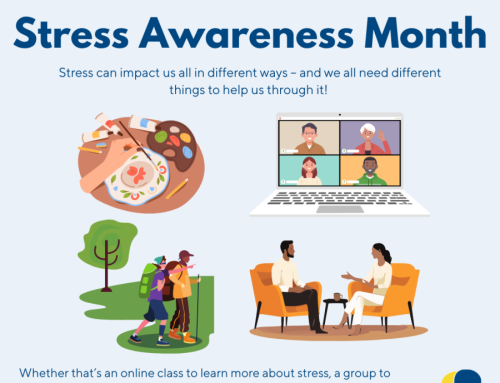Social Phobia and Drinking – Friends or Foes?
Drinking can often seem like a quick and easy way to address problems of stress and nervousness. To mark November Alcohol Awareness Week, Touchstone’s IAPT team look at why this is and how it can actually make the problem worse. The IAPT service can help people to observe and understand their own behaviour and to replace unhealthy coping strategies, like drinking, with more effective long-term solutions.
People with social phobia accessing the IAPT service often cite using alcohol as a means of coping in social situations; they may report drinking excessively in a short space of time because they expect the effects of the alcohol to reduce their anxious feelings and help them manage their fears.
The short-term effects of alcohol are described below. It is assumed that all the alcohol is drunk within 1 hour and you have a normal tolerance.
- lookatyourdrinking.com informs that after the first drink you can start to feel more relaxed and may find it easier to strike up a conversation and that if you’re used to drinking, you’ll notice that you may feel more like having another drink at this point.
So this first drink probably feels helpful, as it may take the edge off any feelings of awkwardness, however at this point your heart rate is starting to increase and your breathing is accelerating, this is what is creating that warm feeling.
- If you keep drinking (about 5 units in an hour for women, and up to 7 for men) lookatyourdrinking believe that you may now lose some of your natural inhibitions, start speaking more loudly and become more demonstrative and extrovert; your mood may change from being gregarious and happy to being argumentative and blunt. They further feel that you could also become more reckless as your judgement becomes impaired, and you may become clumsier as you misjudge your reaction times.
Example: 3 pints 4.5% cider = 7.8 units
2 large glasses of wine = 6 units
- If you drink more (up to 9 units in an hour for women, and up to 14 for men) lookatyourdrinking.com report that at this stage the ability to reflect on your own actions could disappear as your behaviour becomes more exaggerated. You may have slurred speech and experience a more amplified range of emotions e.g. very happy and overly seductive, very angry and aggressive or very emotional and tearful; you could also start to feel nauseous.
Example: 4 pints 6% beer = 13.6 units
3 large glasses of wine = 9 units
Although drinking 2 or 3 glasses of wine may not seem like much at the time, because it is drunk over a short period of an hour the rise in blood alcohol concentration can make you intoxicated very quickly. This therefore makes alcohol consumption a negative coping strategy as it will contribute in creating further anxieties for that person the next day. They will probably analyse how they may have behaved and been perceived by others at the social event, and recognise that their alcohol consumption helped to create the behaviour and reactions that they were desperately trying to avoid. This will invariably contribute to maintaining their social anxiety.
If you would like to access the IAPT service, you can ask your doctor to refer you or you can contact us directly at iapt@touchstonesupport.org.uk or 0113 216 3000





